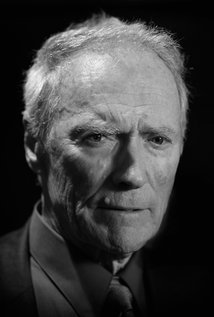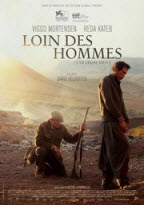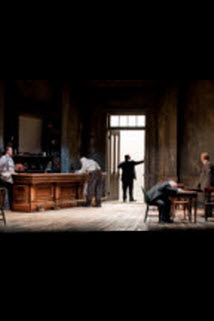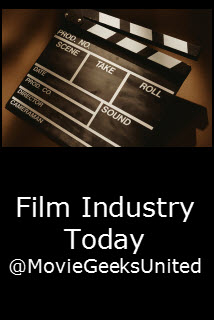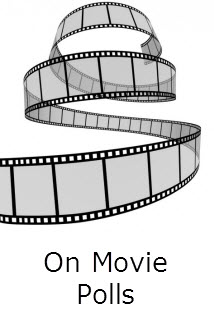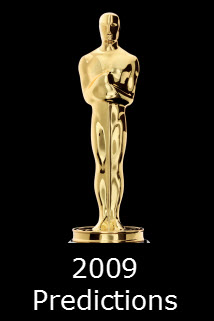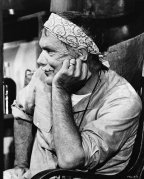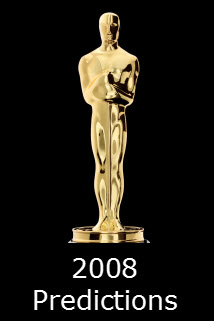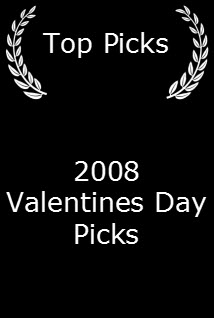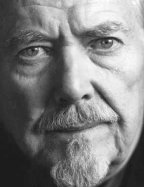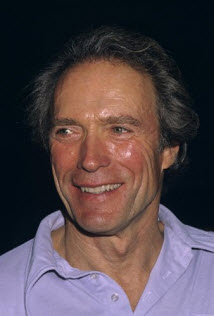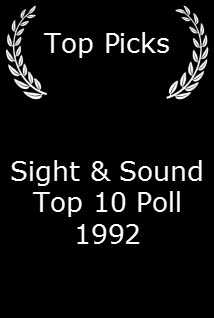Who Wants to be An Interviewer?
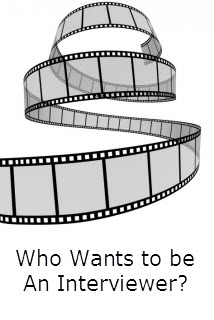
Content by Tony Macklin. Originally published on March 13, 2005 @ FYLMZ.com.
Today everyone is a film critic, but few want to be interviewers. We're still a different breed.
I doubt if anyone grows up hoping to be an interviewer. We want to be writers -- novelists, screenwriters, even poets. We may even hope to be teachers -- which was the ballast of my career -- although I'm not sure why.
"He was an interviewer" seems a negligible capstone for a life. And yet interviewing -- really interviewing -- is still one secret passageway into living art.
I don't mean access to dirt. Yes, I interviewed a director with his mistress in the other hotel room; yes, I interviewed a superstar and had a meal with him and his mistress; yes, I had a bibulous interview with a critic in his cups -- 79 pages of an auteurist on alcohol. But when he read it soberly and was appalled, I just published 13 pages. I still have the tape somewhere. I'm just not interested in the gotcha interview; it's not my cup of acidity. I'm after something more. I simply didn't care whether John Wayne slept in the nude; I wanted to know what Harry Carey meant to him.
Chasing an image on the screen is sometimes like unrequited love or at least unrequited admiration. I've had a lot of doors slammed in my face. I got the Duke, Hitch, and Scorsese, but Jack and Redford and Susan S. eluded me. I had an interview set up with Jack Nicholson, but he cancelled all such appointments when People magazine published an unflattering piece on him. I was invited to Robert Redford's ranch when he was promoting Jeremiah Johnson, but I took my wife to London instead. Oh, Jeremiah! I've been rebuffed in any further attempts to interview RR.
My longest and most disenchanted chase was after Clint Eastwood. I had even taught a college course on his films, so I was prepped like few others. I talked on the phone to one of Eastwood's people and proudly played my trump card; I said, "I had a very successful interview with John Wayne!" But the man on the phone said "Mr. Eastwood hates John Wayne!" Oh... It turned out I was the man with no name.
Last year I tried again. This time I went with personal tribute. Eastwood had done the narration of the documentary Don't Pave Main Street, and had been the mayor of Carmel, so I knew he was aware of the poet Robinson Jeffers who once lived in Carmel. I bought a volume of Jeffers' poetry signed by the poet. It was very expensive -- especially for a former teacher, but I thought, what a wonderful personal gift!
It wasn't. It was a dumb idea. Later I called to find out the progress of Robinson Jeffers, and a secretary said that Clint was still in Europe, but my book was on a table with paraphernalia from other would-be suitors. That's another group I've joined -- fools who aren't suffered at all. I can only hope the book goes to some charity. Needless to say, I knew Clint and I would never be.
I still write letters, eg. to Susan Sarandon, Ben Gazzara, et al., but they're never answered. Context should matter. Sarandon should like that I once got fired for showing The Battle of Algiers, and Gazzara should like that I saw him on stage electrify the audience in The Night Circus and loved his intensity in the movie The Strange One. But when I wrote him he was playing a former Yankee on the stage in New York. Not Billy Martin but lovable Yogi. Maybe context isn't that important.
So my missives aren't answered. Perhaps that's why my wife has endless correspondence with the Home Shopping Network and Traditions. They're always answered.
If I was ignored by Jack, Susan, et al., I did in recent years still have interviews that restored my soul. They always do. The first was with independent filmmaker A.W. Tony Vidmer, who made Stuey, starring Michael Imperioli as the late poker-playing legend. Unfortunately Stuey (now titled High Roller) did not gain a theatrical distributor though it's now on DVD, but it is a very good film. If I were a popular critic, I could write a banner ad -- "the best movie I've seen today" --, but as an interviewer I'm only able to enjoy a piquant conversation with the filmmaker and hope that helps.
Another recent interview was with Stella Stevens. One of my favorite films is Sam Peckinpah's The Ballad of Cable Hogue with Stella. I once interviewed Peckinpah. And talk about context, for years when I taught college, the issue of Playboy featuring Stella was in my bottom desk drawer. While others got their inspiration from Ralph Waldo, mine came from the divine Stella. Now, along with a two-hour interview, I have a photo of Stella and me in a happy hug.
Once-in-a-lifetime interviews come to those who wait. Last year, as Christmas approached and the sun shone in L.A., the interviewing heavens opened for me. Unto me Clint was borne. One of my former students, whom I once taught everything he knew about interpreting film, worked for a Hollywood studio, and his influence had grown. Closely involved with Million Dollar Baby, he called with an interview for me with the elusive Clint. It was an ironic bolt from the past. The student I had mentored was now my mentor. The fickle interviewing gods work in mysterious ways.
When I met Clint, he was upbeat and very relaxed. Million Dollar Baby had just opened in L.A. and New York to rave reviews. The interview was supposed to go for an hour, but it went for an hour and 45 minutes. [The interview can be accessed on the web at Bright Lights.] Clint Eastwood is surprisingly gentle; he is better read than I knew, and we talked about film heritage, his persona, and his actuality. That interview still makes me smile.
I've had my share of stellar interviews and lasting memories. Clint. Frank Capra called me a "genius" -- who am I to reject his "wonderful" hyperbole? A publicist said Hitch gave me a few answers he had never heard before. John Wayne wrote, "You caught me in print as no one else has. Thanks. Duke." John Frankenheimer said I should have written the book about him someone else did. Edith Head said I looked like a layer cake. Shirley MacLaine spilled coffee on me. Stella Stevens gave me a big hug. So did Chuck Jones.
As I tried to qualify my interviewing career, I realized the interviews -- real conversations -- gave me an access and experience I never had as a filmgoer or critic.
The interviews were as human as a hug.


